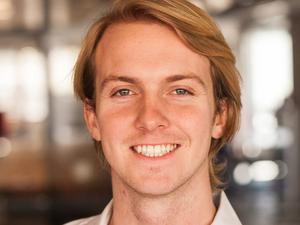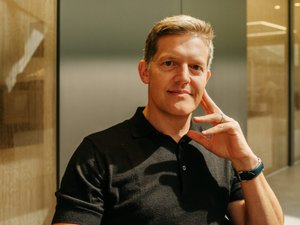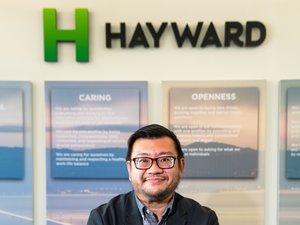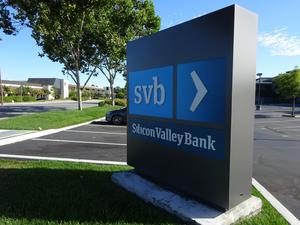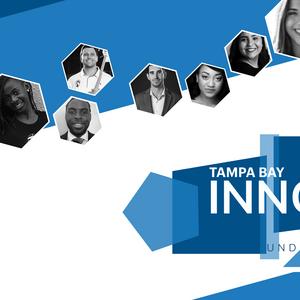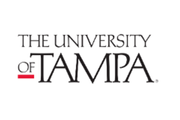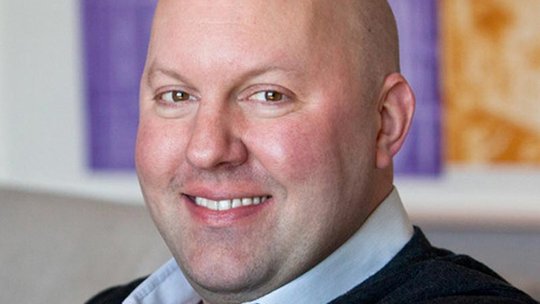
Is remote work good for startups, or should more companies require their employees to return to doing business in-person?
Depends on who you ask.
A16z co-founder Marc Andreessen recently lamented how young workers, in particular, are disadvantaged by remote work.
“There’s this whole model that an entire generation grew up with that has all of the sudden been detonated," Andreessen said about the shift in work culture over the past couple of decades. "I think the idea of sitting in an apartment in front of the screen with DoorDash and Tinder is not a good life."
Andreessen made the comments in November during his firm's American Dynamism Summit in D.C. but only recently released clips from it. Fortune first reported the commentary earlier in February.
"What you get is you get to sit in your studio apartment in front of your laptop and good luck. You’re cut off from everything else,” Andreessen elaborated about the acceleration of remote work during the Covid-19 pandemic.
His venture capital firm is based in Menlo Park and also has offices in San Francisco and New York, according to PitchBook, but his co-founding partner Ben Horowitz reportedly doesn't work primarily from the Bay Area anymore.
Bloomberg News reported in late 2021 that Horowitz appeared to have moved to Las Vegas. That same year, Andreessen reportedly bought two pricey estates himself: a Las Vegas property for $36 million and a Malibu property for $177 million.
It's unclear how the A16z co-founders treat remote work at their own firm, but they seem to be OK with working remotely themselves. The firm didn't return a message seeking comment,
Another venture firm recently surveyed the companies in its own portfolio to gauge the impact of remote work on revenue.
San Francisco-based Reach Capital found that more than half of its portfolio primarily worked remotely, with Series A-stage startups skewing more toward remote work compared to pre-seed, seed, Series B and beyond.
According to Reach Capital, startups at all levels with some form of in-person work culture generated higher revenues in 2022 compared with those that were fully remote.
The most dramatic difference came from pre-seed and seed-stage startups, which had 3.5 times more revenue growth if they had some form of in-person work culture.
Around 40% of Reach Capital's portfolio is pre-Series A and more than 60% is remote or remote-first, according to the report. Around one-third of its portfolio has some form of hybrid culture and only around 5% are fully in-office or office-first.
Others, however, are pushing back on the idea that startups, and startup workers, do best in an office.
"There is this pernicious narrative of mistrust from big investors and big operators that they feel their employees, or the employees of the companies they've invested in, that they are not to be trusted or believed in their dedication to doing a good job in accomplishing their goals," SparkPlug founder and CEO Andrew Duffy told me. "If you trust the people that work for you, and you give them goals to hit, I don't think it matters where they spend time."
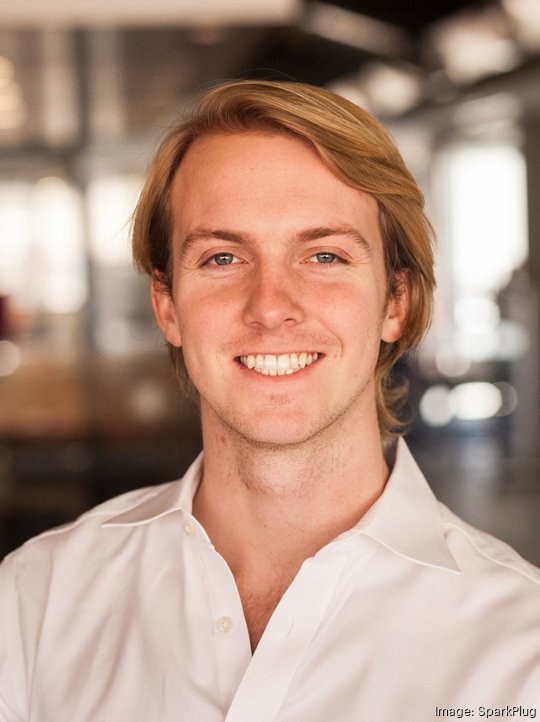
Duffy founded SparkPlug in 2020 and the San Francisco-based startup develops software that helps retail brands boost sales while creating incentives for employees. The company started out working in-person but has since shifted to fully remote work.
While being a fully remote company means they have to make an extra effort to bring people together occasionally, Duffy doesn't think it has hindered the company.
In 2022, SparkPlug grew its revenue tenfold and the team grew five times larger, Duffy told me.
"That is, I think, a reflection of the fact that we've been able to hire great people from around the U.S. We have people in many, many different states who, if we were siloing our hiring efforts in just the Bay Area or L.A. or any of these talent hubs, we'd be less diverse as a team," Duffy said.
Also based in S.F., Mozart Data has always been remote-first since it was founded in 2020 by CEO Peter Fishman and CTO Dan Silberman. The startup develops cloud-based data analytics software.
"I think remote helps our productivity — Bay Area engineers save two-plus hours of commute," Fishman told me.
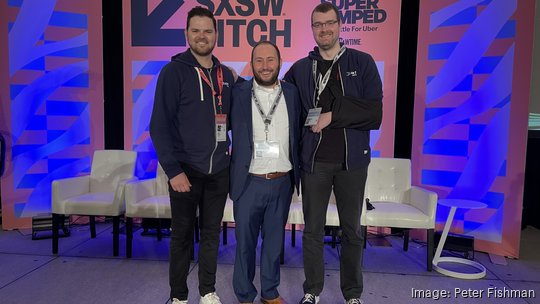
Around half of Mozart Data's team is based in the Bay Area, and the company supports hybrid work for those who live in San Francisco and Denver, but "the limited use of the offices to me is a signal that people find themselves to be happier and more productive without mandating where they work," Fishman said.
The company also holds in-person team building events a few times a year and encourages employees to jump in anywhere they are needed. They also recently added what Fishman calls "Opposite Day" when employees are asked to contribute their skills to other teams that aren't directly related to their primary role.
In 2022, Mozart Data more than doubled its revenue and customers, Fishman said.
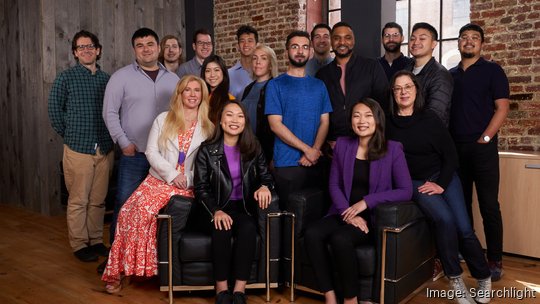
HR-focused software developer Searchlight is pivoting to hybrid work after briefly going fully remote during the pandemic. The company opened a new office in S.F. last year.
Twin sisters Kerry and Anna Wang founded Searchlight in 2018 to help companies retain and hire talent. Employees based in S.F. are asked to work from the office three days a week, and those who are fully remote are flown into town at least once a month for in-person collaboration, Kerry told me.
"Maintaining productivity in an early-stage startup requires foundational trust and quick feedback loops, both of which are aided by serendipitous moments that are easier to create in-person," Kerry said. "It was important to consider our business constraints and the team's collective interests for social connection."
Stanford adjunct professor Steve Blank also opined on Reach Capital's research in a blog post that appeared on LinkedIn.
"The data is suggestive but not conclusive," Blank wrote. "Office configuration is only one factor that might influence a startup’s growth rate. Still the results are suggestive enough that other VC’s might want to run the same surveys across their portfolio of companies and see if the results match."

